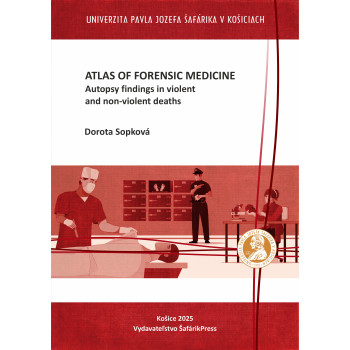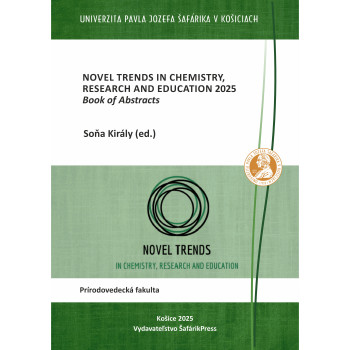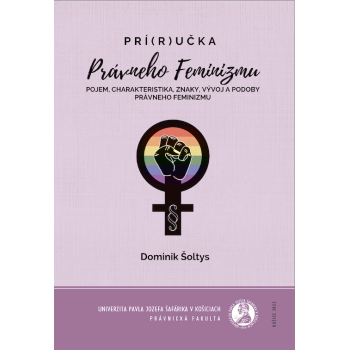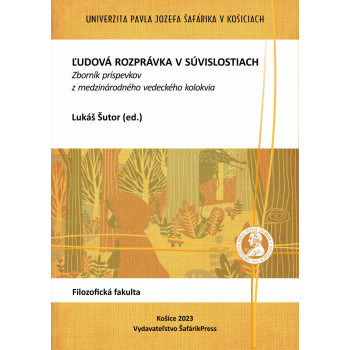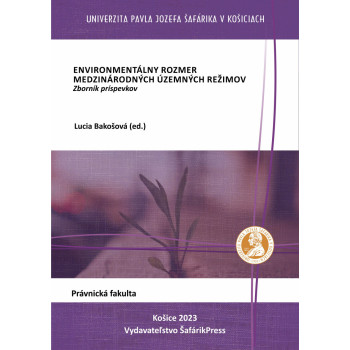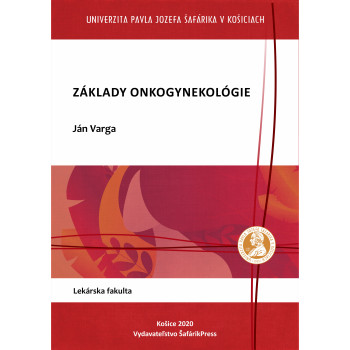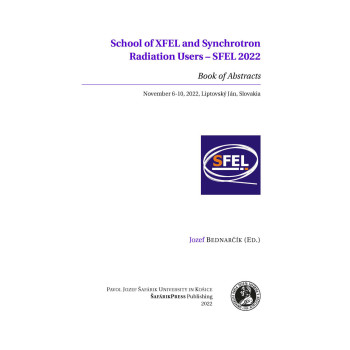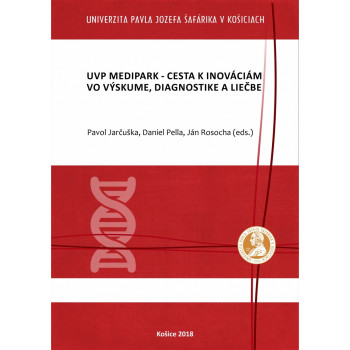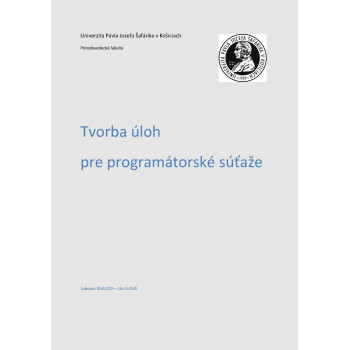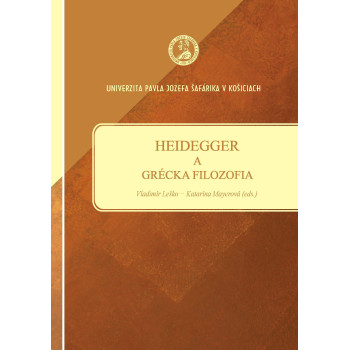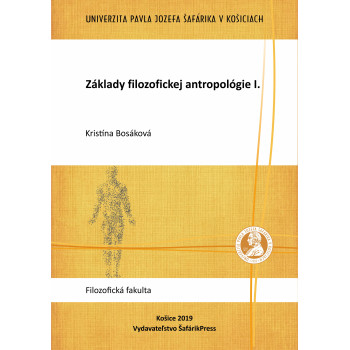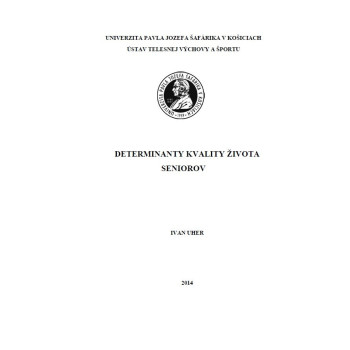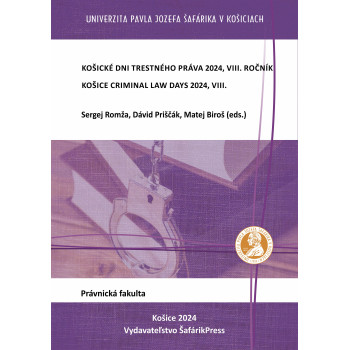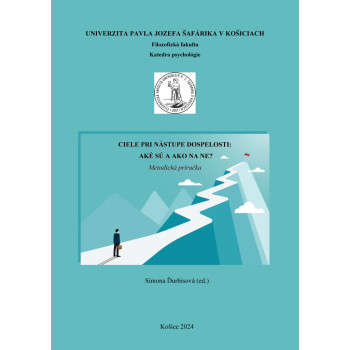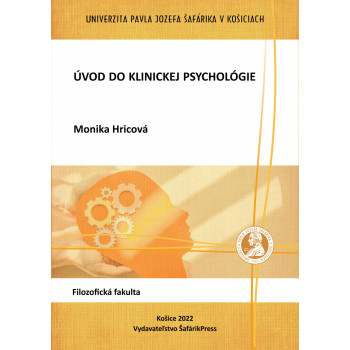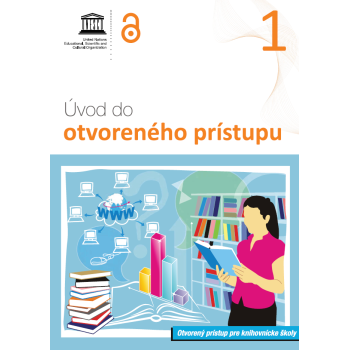
ATLAS OF FORENSIC MEDICINE: Autopsy findings in...
E-publikácia
Forensic Medicine is a medical discipline that is concerned with determination of the cause of death in cases violent and non-violent deaths by performing an autopsy. It is based on morphological findings, which characterize the effects of various forms of violence, as well as pathological changes in various diseases. The presented textbook provides comprehensive and complete overview of the fundamental tasks and theoretical knowledge of the field of forensic medicine. Its aim is to provide a theoretical basis in the form of images of morphological autopsy findings for the study of the compulsory subject Forensic Medicine and Medical Law in the study programs General Medicine and Dentistry. The author emphasizes the necessity to understand the fundamentals of forensic medicine in every medical field and a multidisciplinary approach in clarifying medico-legal issues.



